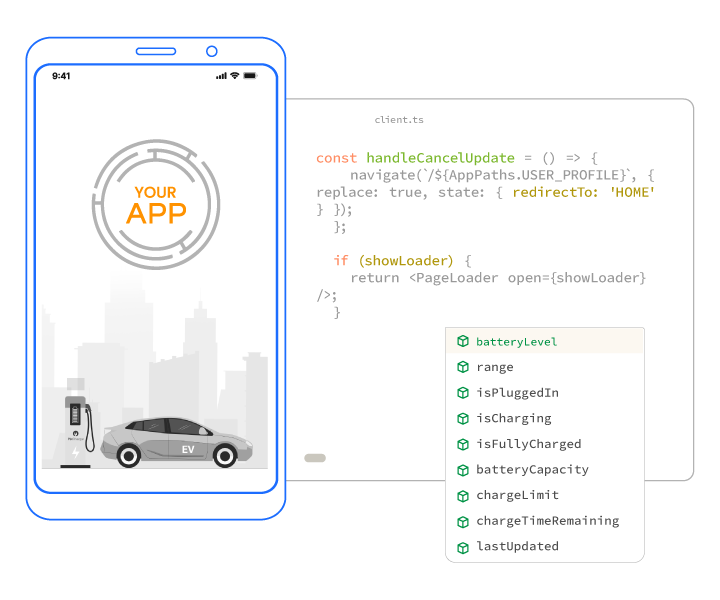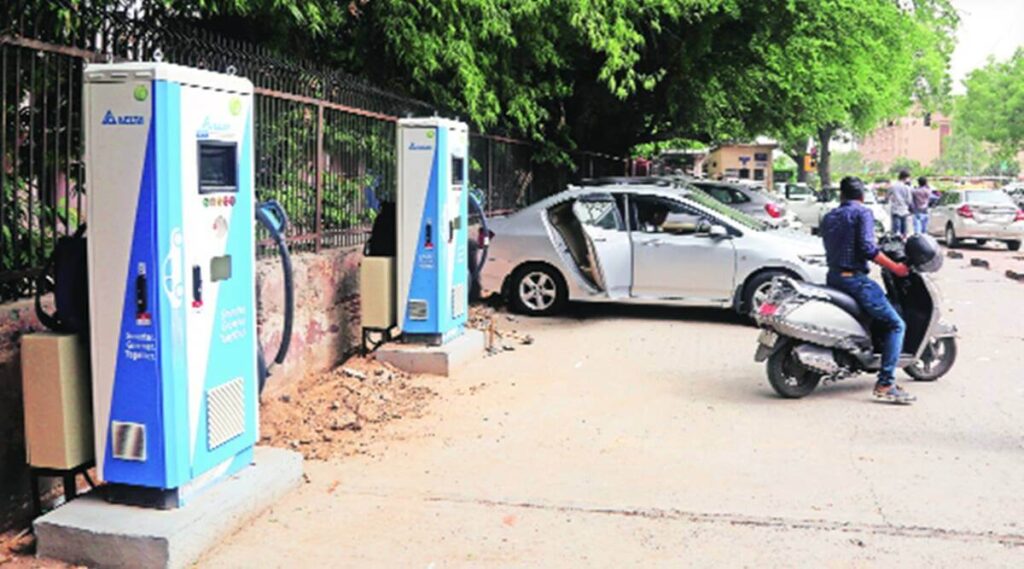
The electric vehicle (EV) market is rapidly expanding, presenting significant business opportunities. In this context, API strategies play a crucial role in the EV charging business by allowing seamless integration and data sharing. These strategies are essential for enhancing user experience, optimizing operations, and driving innovation in the industry. These API strategies to expand EV charging business are essential for businesses to scale their EV charging operations efficiently. By leveraging API technology effectively, companies can stay competitive, meet evolving customer demands, and drive growth in the dynamic EV charging market.
Understanding API Strategies To Expand EV Charging Business
Application Programming Interfaces (APIs) are crucial for the EV charging business, as they enable seamless integration and data sharing among different software systems. APIs serve as a communication layer between various applications, allowing for data exchange and functionality.
APIs play a significant role in enhancing user experience, optimizing operations, and driving innovation. Implementing API strategies in the EV charging business offers several benefits including
Improved User Experience
- EV Charging APIs enable integration with navigation apps, providing real-time information on charging station locations and availability.
- This integration allows EV drivers to optimize their charging sessions, find the lowest prices, access green energy options, and obtain relevant data from their vehicles.
Process Optimization
- APIs facilitate process automation, reducing manual tasks and duplication of data.
- Businesses can automate billing processes, offer flexible payment options, and optimize pricing strategies to attract more customers
Data-driven decision-making
- APIs enable the sharing of real-time and historical EV charging business data, which can be analyzed to make better decisions.
- Energy companies can optimize charging schedules and analyze EV charging data to make informed decisions.
Collaboration and Network Expansion
- Data-sharing APIs facilitate collaboration among different charging station operators, enabling network expansion and improved service offerings.
- By sharing data, businesses can make informed decisions, optimize charging schedules, and enhance network efficiency.
Key API Strategy 1: Integration with Navigation Apps
Integrating EV charging station data with navigation apps can significantly enhance the user experience. It provides real-time information on charging station locations and availability. This integration allows EV drivers to optimize their charging sessions, find the lowest prices, access green energy options, and obtain relevant data from their vehicles. The benefits of integrating EV charging stations with navigation apps include
- Real-time Information: EV drivers can access real-time data on charging station availability, reducing range anxiety and improving driving experience
- Optimized Charging Sessions: Drivers can plan their routes more efficiently, ensuring they reach their destination with sufficient battery charge
- Green Energy Options: Navigation apps can display charging stations offering green energy options, promoting sustainable practices
- Improved Customer Experience: Charging station operators can attract more customers by offering seamless integration with popular navigation apps
Key API Strategy 2: Payment and Billing Integration
Seamless payment and billing integration through APIs is crucial in the EV charging business, as it streamlines transactions and enhances user convenience. By offering flexible payment options and optimizing pricing strategies, businesses can attract more customers and improve user experience. The different payment methods and their impact on user adoption include
- Credit Card Payments: Credit card payments are widely accepted and offer a familiar payment method for EV drivers
- Mobile Wallets: Mobile wallets, such as Apple Pay and Google Pay, provide a convenient and secure payment option for EV drivers
- Subscription Models: Subscription models allow EV drivers to pay a fixed monthly fee for unlimited charging, reducing transaction costs and simplifying the payment process
Key API Strategy 3: Data Sharing for Network Expansion
Exploring the role of data-sharing APIs in expanding the EV charging business is essential for the growth of the industry. By utilizing data-sharing APIs, charging station operators can collaborate, share real-time and historical EV charging data, and optimize network operations. The benefits of sharing data among different charging station operators include:
- Network Optimization: Data sharing enables operators to optimize charging schedules, reduce congestion at popular stations, and improve overall network efficiency.
- Enhanced User Experience: Sharing data allows for a better user experience by providing accurate information on station availability, reducing wait times, and enhancing customer satisfaction.
- Cost Efficiency: Collaborative data-sharing initiatives can lead to cost savings by optimizing resource allocation and reducing operational inefficiencies.
Suggested Reads
The Final Words
To make EV charging businesses grow, using API strategies to expand EV charging business is super important. The potential of this business could be understood by the data which shows, that the electric vehicle charger market reached $7.2 billion in 2022 worldwide and is forecasted to surge to $91.2 billion by 2032, with an annual growth rate of 29.3% from 2023 to 2032.
By adopting these strategies you can expand your business as they help businesses work smoothly, share information, and make things better. With these key API strategies to expand EV charging business, you can make things easier for users, run operations better, and come up with new ideas in the changing EV charging world. There are three main API strategies: First, linking with navigation apps helps users find charging stations easily.
Second, using APIs for payments and billing makes it simple for customers to pay. Third, sharing data between charging station operators helps grow the network and improve services. So, using API strategies well helps businesses compete, meet what customers want, and grow in the EV charging world.

Rest API – Driven EV Charging Integration
As you think about improving your EV charging business, remember how YoCharge can help you use API strategies easily.
Seamlessly Enhance Your Business with Bespoke API based Solutions from YoCharge



